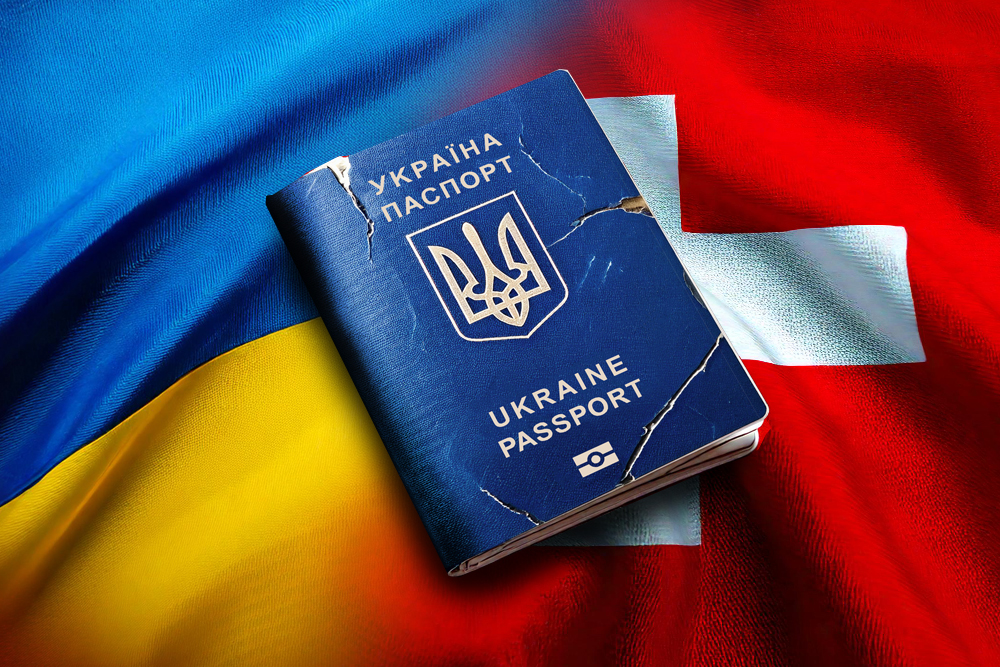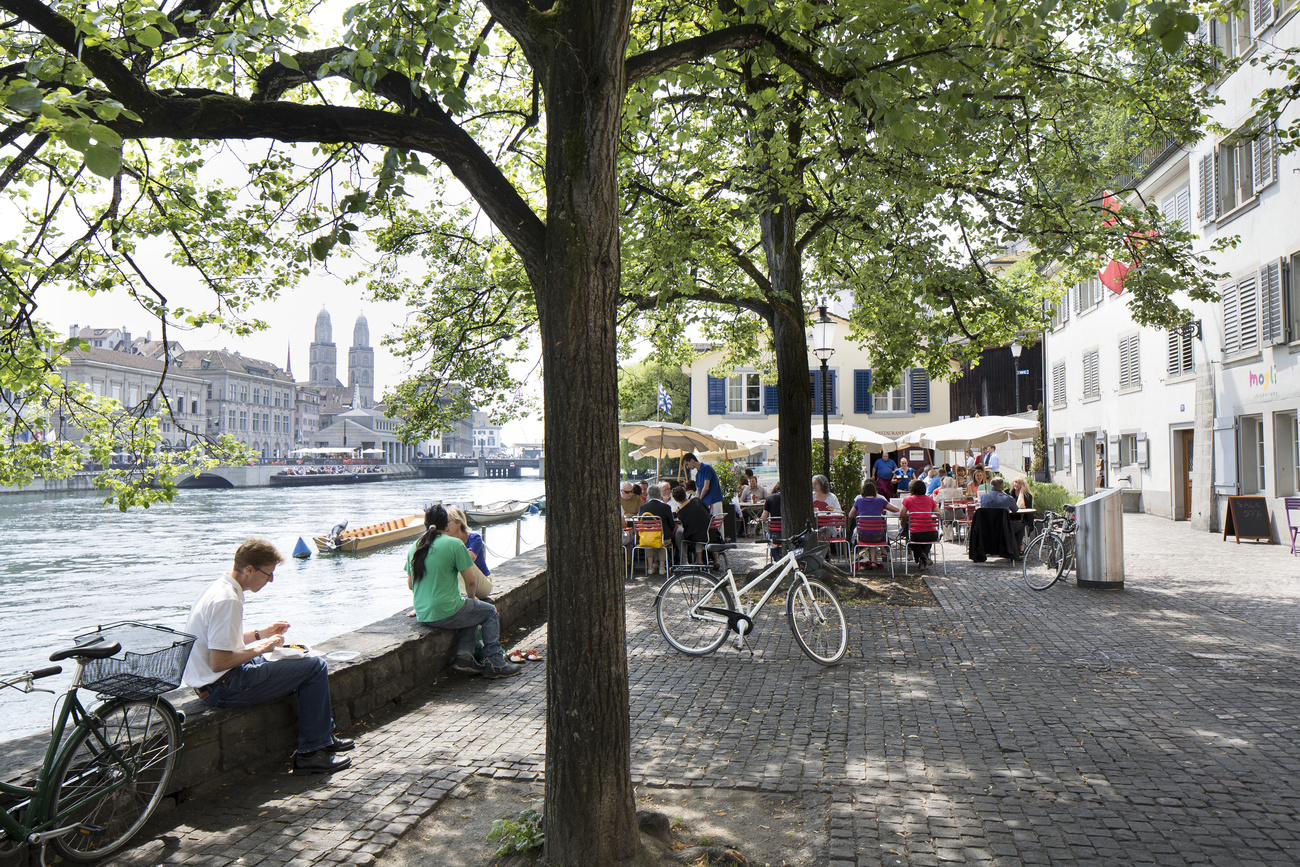Thirteen dead in Serbian railway roof collapse

By Aleksandar Vasovic
NOVI SAD, Serbia (Reuters) -Rescue workers scoured piles of concrete and twisted metal for survivors on Friday after a roof collapsed at the entrance of a railway station in the Serbian city of Novi Sad killing 13 people.
Cranes and bulldozers help sift through the wreckage alongside dozens of rescuers and construction workers, while medical staff and ambulances waited nearby.
The collapse of a 35-metre (115 ft) length of roofing occurred at noon (1100 GMT) on a sunny day in the city about 70 km (40 miles) northwest of the capital, Belgrade. The dead were pulled from the rubble throughout the afternoon and into evening.
“Our windows were open as it was warm outside and I heard a huge rumble and saw a plume of dust, that’s all I saw. Later I heard what happened,” said Vera, an 86-year-old pensioner who lives about 200 meters (yards) away.
Earlier in the afternoon rescuers freed two women who had been trapped under the rubble. They were in critical condition, said Vesna Turkulov, the head of the Vojvodina medical centre where they were taken.
“It is an extremely difficult rescue operation that will last for several more hours. We have around 80 rescuers from several towns working and heavy machinery,” Interior Minister Ivica Dacic said.
He told Tanjug news agency he does not expect the death toll to rise significantly.
Luka Causic, who heads the interior ministry’s centre for emergency management, said the rescue operation was complicated by the sheer weight of the concrete and that the operation will continue through the night.
N1 news channel said train departures had been halted from the station.
“This is a black Friday for all of Serbia and Novi Sad,” Prime Minister Milos Vucevic told reporters. “Regardless of the fact that this building was constructed in 1964, we will insist that those responsible for this tragedy are identified.”
N1 said the building’s reconstruction had been completed this summer, but that the part of the roof which collapsed had not been part of the reconstruction.
(Reporting by Ivana Sekularac;Editing by Edward McAllister, Mark Potter and Helen Popper)







